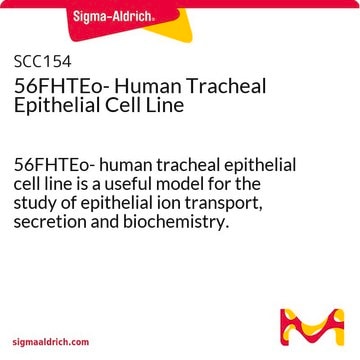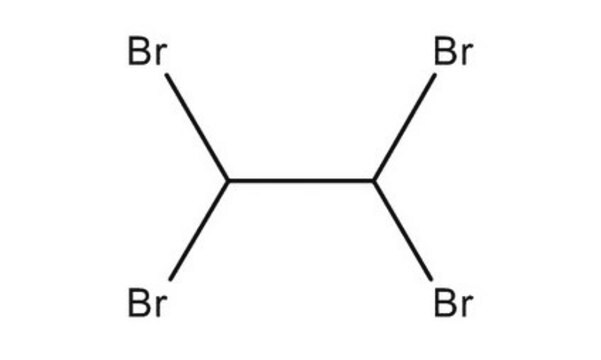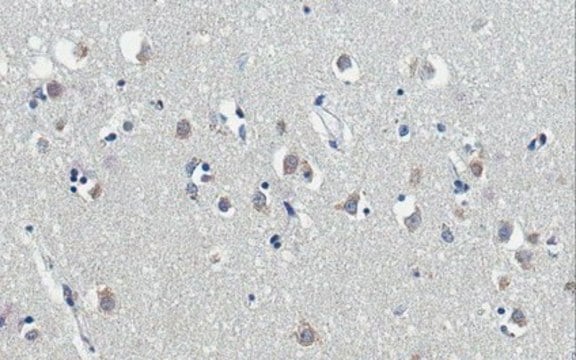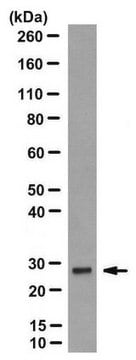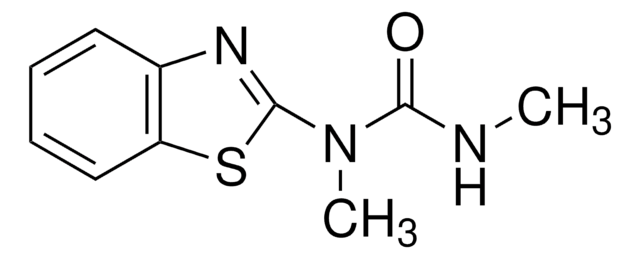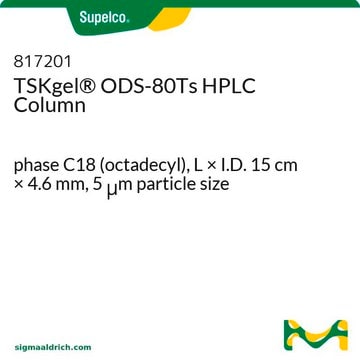MABC967
Anti-Kallikrein 7/KLK7 Antibody, clone 73-1
clone 73-1, from mouse
Synonim(y):
KLK7, Kallikrein-7, hK7, Serine protease 6, Stratum corneum chymotryptic enzyme, hSCCE
About This Item
Polecane produkty
pochodzenie biologiczne
mouse
Poziom jakości
forma przeciwciała
purified antibody
rodzaj przeciwciała
primary antibodies
klon
73-1, monoclonal
reaktywność gatunkowa
human
metody
ELISA: suitable
immunohistochemistry: suitable (paraffin)
izotyp
IgG1κ
numer dostępu NCBI
numer dostępu UniProt
Warunki transportu
ambient
docelowa modyfikacja potranslacyjna
unmodified
informacje o genach
human ... KLK7(5650)
Opis ogólny
Specyficzność
Immunogen
Zastosowanie
ELISA Analysis: A representative lot detected Kallikrein 7/KLK7 in ELISA applications (Shan, S.J., et. al. (2006). Clin Chem. 52(10):1879-86; Kishi, T., et. al. (2004). Clin Chem. 50(4):709-16).
Apoptosis & Cancer
Jakość
Immunohistochemistry Analysis: A 1:250 dilution of this antibody detected Kallikrein 7/KLK7 in human skin tissue.
Opis wartości docelowych
Postać fizyczna
Przechowywanie i stabilność
Inne uwagi
Oświadczenie o zrzeczeniu się odpowiedzialności
Nie możesz znaleźć właściwego produktu?
Wypróbuj nasz Narzędzie selektora produktów.
Kod klasy składowania
12 - Non Combustible Liquids
Klasa zagrożenia wodnego (WGK)
nwg
Certyfikaty analizy (CoA)
Poszukaj Certyfikaty analizy (CoA), wpisując numer partii/serii produktów. Numery serii i partii można znaleźć na etykiecie produktu po słowach „seria” lub „partia”.
Masz już ten produkt?
Dokumenty związane z niedawno zakupionymi produktami zostały zamieszczone w Bibliotece dokumentów.
Nasz zespół naukowców ma doświadczenie we wszystkich obszarach badań, w tym w naukach przyrodniczych, materiałoznawstwie, syntezie chemicznej, chromatografii, analityce i wielu innych dziedzinach.
Skontaktuj się z zespołem ds. pomocy technicznej